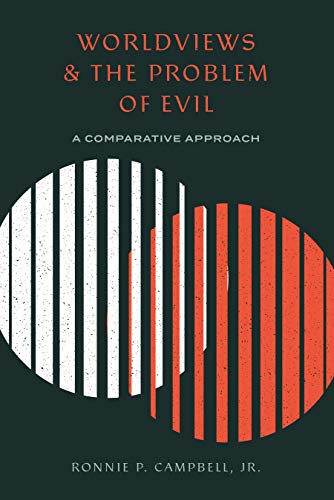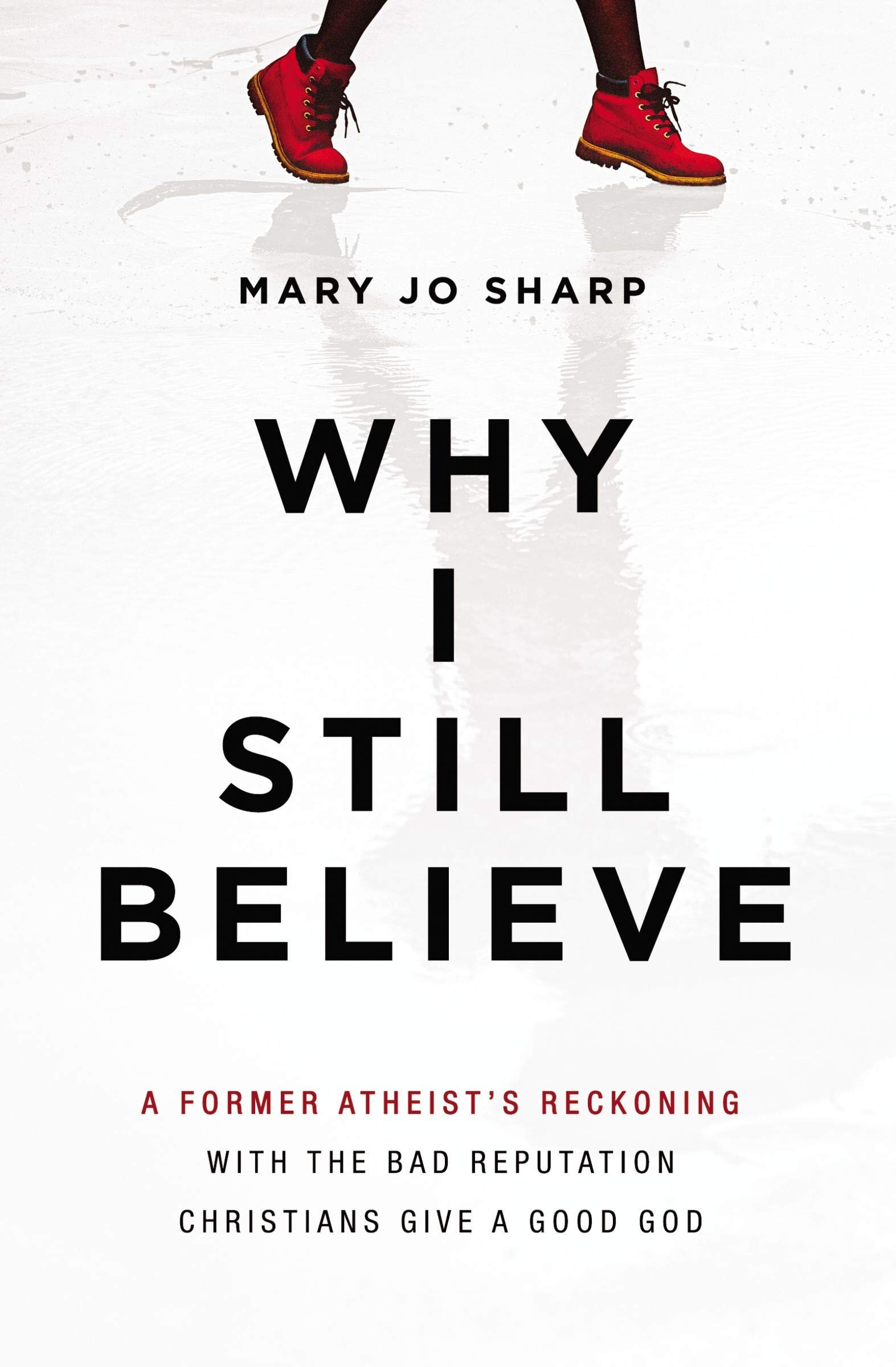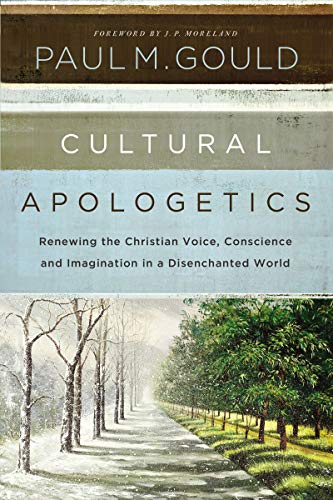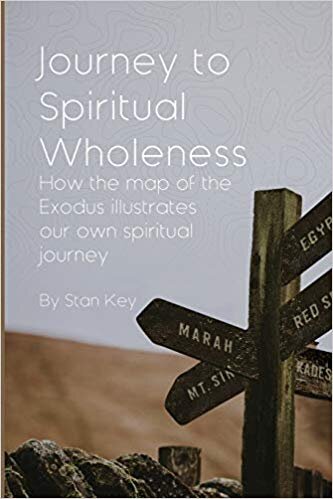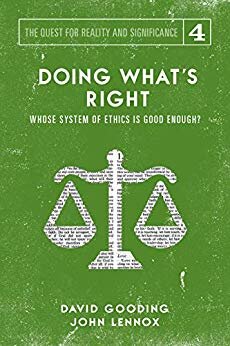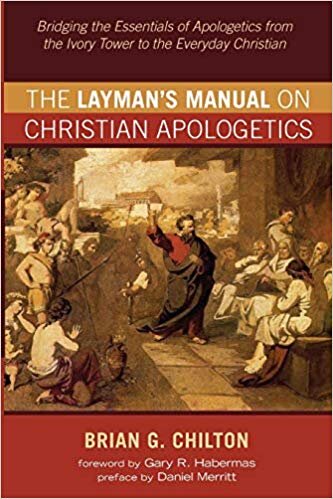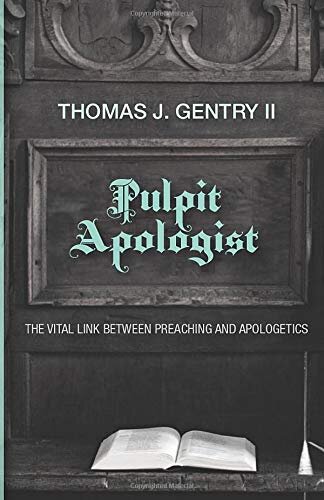Book Review: Why I Still Believe by Mary Jo Sharp
/
Why I Still Believe: A Former Atheist’s Reckoning with the Bad Reputation Christians Give a Good God. By Mary Jo Sharp. Grand Rapids, MI: Zondervan, 2019. 239 pages. ISBN: 978-0-310-35386-7. Price: $17.99 (paperback).
Media (online and print) is full of books telling stories of those who abandon a Christian worldview due to disappointment or an experience of hypocrisy in the church. Mary Jo Sharp looks to counter these stories by relating her own experience of moving from basic atheism to a hopeful faith full of high expectations for church life. She does not neglect the negative, but she runs head first into it as she tries to find ways to live out her new faith in Jesus. In Why I Still Believe, Sharp explains why reason and beauty cause her to remain hopeful that the church can live up to the standards of Jesus. She also provides reasons why Christianity is the best explanation for both beauty and pain in our world.
This book is broken into basically two sections: 1) personal stories from Sharp’s spiritual journey from atheist to Christian apologist, and 2) attempts to answer some difficult questions regarding the Christian faith. Sharp covers her personal experiences before and after becoming a Christian, and then she takes the reader into her own world of Christian apologetics to try to find some answers to the issues she encounters. The book deals with issues regarding hypocrisy in the church, arguments about the resurrection, the problem of evil, and even a chapter on how beauty figures into a Christian worldview. The author concludes with chapters entitled “No Tidy Endings” and “Crash Landing’ where she explains that there are no easy answers to the problems facing Christians and their relationships to each other in the church. In other words, Sharp does not try to fix the problems or tie them up neatly for the reader. Rather, she explains them in plain language and offers both anecdotal and academic responses to many of the issues while acknowledging that some issues do not have easy answers.
Simply stated, this book represents a narrative of Sharp’s quest to understand beauty and the metaphysical reality that she found herself bumping into as a young person and later as a frustrated Christian. Sharp chronicles her youth living on the West Coast and her passion for and obsession with beauty in nature and how it could be explained. She deftly brings the reader along as she explains her experiences in high school (where a favorite teacher gave her a Bible) to her conversion to Christianity (and the subsequent frustration of dealing with church culture as her husband served in a variety of ministry positions). The story may seem a bit different to many who were raised in an Evangelical community, but the author expertly draws readers into her story so that they may live these events with her. While the narrative is well written and offers insight into the author’s life and thinking, the journey may not be an easy one for all readers.
Some may expect this book to be a restatement of some basic apologetics approaches or some general arguments to certain problems that opponents of Christianity raise. This book is completely different. Sharp offers some arguments, to be sure, and she deals with some common reactions to Christianity. Nonetheless, this book is much more personal than that. In fact, the issues discussed by Sharp may cause a visceral reaction in some readers as they relive some suppressed memories of their own experiences in the church. This book is VERY personal, and as a result it calls for deep thought and creates an emotional response. To be honest, readers will often agree with Sharp’s strong criticism and may also periodically experience a gut punch emotionally as they walk with her through these experiences. At the very least, readers may find themselves identifying with Sharp in a number of instances, and the realization that they are not alone in their experiences and expectations may be a bit cathartic.
To readers who feel stuck between the beauty of God’s great story and the ugliness of hypocrisy in the church, this book offers many rays of hope. Sharp offers both a personal and logical response to the problems she mentions, even when she admits that often answers may not be neatly found or explained. In the process she draws her readers into a Christian worldview where the beauty of God’s grace paints a masterpiece sometimes stained by the bad responses of human beings. In the end, Sharp reminds readers that there is hope and that from reason and experience the only logical answer to understanding this world seems to be the Christian faith. While the ending is hopeful, readers are reminded that the story is not over yet and many painful and evil events may happen before God wraps up his story. Nonetheless, this book is a narrative of hope. Hope that God has provided a means of navigating an evil world with beauty and grace as well as hope that pain and evil are not the end of the story. People who have dealt with the ugly underbelly of hypocrisy in the church will find no clean resolutions here, but they will find a metanarrative that reminds them of God’s beautiful plan and goal as well as an encouragement to strive to live in a way that reflects that same beauty and hope.
This book is not a typical “apologetics” book. While it certainly covers topics related to Christian apologetics, the book really is a metanarrative on how to live a life of beauty, reason, and hope when even those who should be family act as your enemies. Sharp reminds us that the Christian story is one of hope, and hope works in the heart of the wounded. This book is recommended for anyone who may be skeptical of the Christian faith or for those who by means of a negative church experience have considered leaving the church. Sharp offers hope to the wounded and a reason to believe for the skeptic. She covers a variety of topics with a beautiful (and sometimes painful) story of redemption and hope even in the middle of suffering. This book will make the reader think and feel deeply while also giving a solid basis for hope for the Christian faith and the church as proper expressions of God’s beautiful story.
Dr. Percer grew up near the Mississippi River in Millington, Tennessee, where he received a call to the ministry of teaching while attending First Baptist Church. Pursuing that call sent him on an educational journey that includes two Masters degrees and a PhD. This journey provided opportunities to minister in a variety of capacities, including youth ministry, children’s ministry, small groups, and homeless ministry. Upon completion of his PhD, Dr. Percer taught as an adjunct at both Baylor University and McLennan Community College in Waco, Texas. He came to Liberty University Baptist Theological Seminary in 2004 and teaches a variety of New Testament classes including: Hermeneutics, Greek, New Testament Orientation 1 & 2, the Gospel of John, Hebrews, 1 & 2 Peter, Life of Christ, and New Testament World. He also directs the Ph.D. Program for the seminary and teaches a variety of biblical studies classes. Dr. Percer lives in Lynchburg, VA with his wife Lisa and their two children.
More recommendations from MoralApologetics.com



